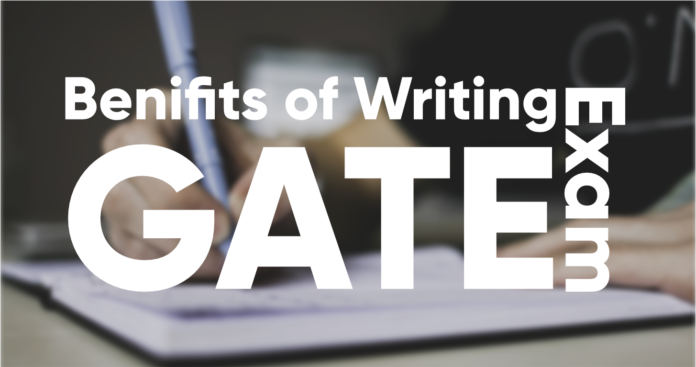The Graduate Aptitude Test of Engineering is conducted by the Indian Institute of Technology every year. IISc Bangalore, IIT Bombay, Delhi, Kanpur, Guwahati, Kharagpur, Madras, as well as IIT Roorkee alternately conduct the GATE Exam all over the country. This is a very competitive exam and aspirants must prepare very hard for this exam. We will learn how can you ace this exam and what you need to pass this exam with a better score.
How to Ace the Graduate Aptitude Test of Engineering Exams?
The GATE exam is among the most prominent examinations for Engineering students and is administered across the country. There have been twenty-nine disciplines included in the exam, and candidates may select more than one subject if they follow the officials’ instructions. In addition, this article will include information about the IES Exam.
The National Coordination Board introduces two new GATE exam papers. They are Geomatics Engineering, Marine Engineering, and Naval Architecture, respectively. Consequently, the GATE exam will consist of a sum of 29 papers. The eligibility criteria for the GATE examination are nationality, age limit, and educational qualification. Candidates don’t need to think about their age; anybody with an engineering background is eligible for this examination. In educational qualification, candidates must hold a graduate degree or if they are in the 3rd or final semester are also eligible.
Additionally, graduates of any degree programme in Engineering, Architecture, Technology, Science, Arts, or Commerce that have been authorised by the government are eligible to appear for the GATE exam. In order to apply for the Graduate Aptitude Test of Engineering, candidates must be of Indian descent. The GATE is also open to applicants from Bangladesh, Sri Lanka, Nepal, Singapore, Ethiopia, and the United Arab Emirates. Multiple-choice questions, multiple-selection questions, and numerically answer-type questions are all included in the GATE exam format.
Although there is a negative point for multiple-choice questions, there is no considerable reduction for questions with numerical answers. The GATE syllabus presents a difficult preparation challenge for applicants due to the intense pressure and escalating competition. We all gain knowledge through other people’s experiences, which is a well-known truth. A study from the proper materials and books in accordance with the GATE syllabus. Constantly review and work to find solutions to the challenging GATE exam problems. Solve GATE Mock Tests from prior years.
What is the Indian Engineering Services Examination?
The Indian Engineering Services is regarded as the most competitive and prestigious position for those who are chosen as engineers under the many ministries and divisions of the Indian government. To oversee the technical and management responsibilities of the Government of India, the designated IES engineers are provided responsibility in Group A departments. The Preliminary Exam, Mains Examination, and Interview stage are the three phases of the IES exam selection procedure. The eligibility requirement includes nationality, age limits, and educational qualification.
In order to appear for the IES exams, candidates must be at least 21 years old and cannot be older than 31 years. Candidates must be the citizen of India, Nepal, and Bhutan, aspirants who migrated from other countries like Pakistan, Sri Lanka, Vietnam, and many other countries before 1962 are eligible for the Indian Engineering Services Exams. The candidate must acquire the necessary academic credentials, such as an engineering degree or a diploma from an accredited government university. In paper I and Paper II of the ISE Prelims Exam, there are solely objective questions worth a total of 500 marks.
Although paper II will contain questions from the core engineering discipline, the paper I am required to read for all applicants. The ISE Prelims examination lasts for a total of five hours. A question’s marks are reduced by one-third if the response is incorrect. There will be two exams in the IES Mains exam as well, although they will both be traditional in style. Additionally, the subjects for both papers will be selected from the main engineering fields of civil, electrical, mechanical, as well as electronics, and telecommunication engineering, which you specified when completing the application form. Current Events, Engineering Mathematics, Logical and Analytical Ability, ICT-based tools, Networking, and many more topics are covered under the IES syllabus.
Candidates can better prepare for their exam using BYJU’s Exam Prep by learning more about the exam format, curriculum, previous question papers for practice, and virtual guidance for successful comprehension.
























